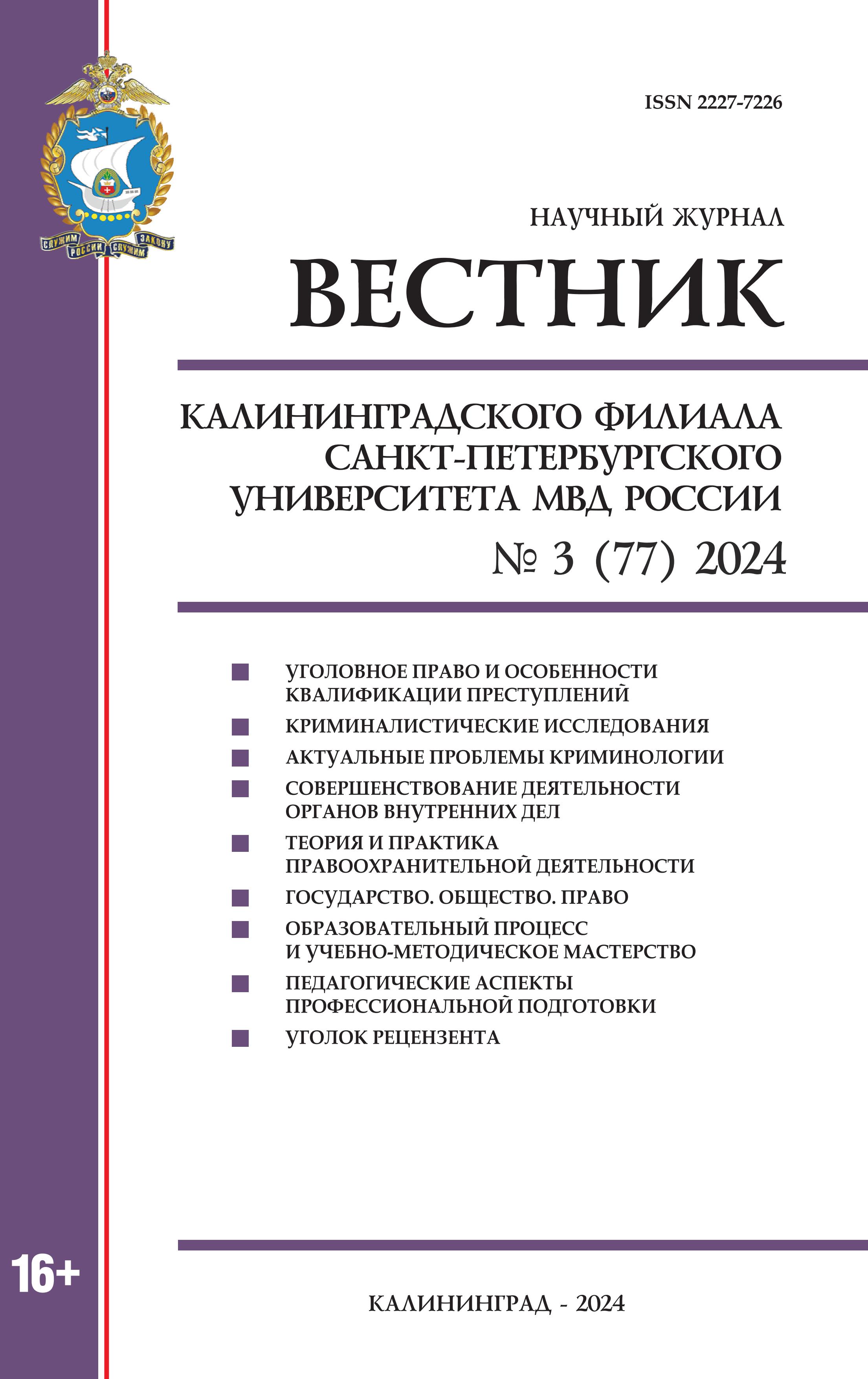Introduction. In the doctrine of criminal law, there is a debate about the possibility of bringing 12-14-year-old teenagers, as well as younger minors, to criminal liability for committing crimes. Supporters of lowering the minimum age of criminal responsibility often cite foreign experience and foreign legislation of both Western and Eastern countries, where one or another system of differentiation of criminal liability for minors is implemented in various variations. The following trends are described as independent arguments: the rejuvenation of juvenile crime, its feminization, the increase in the number of crimes committed in groups, the particular cruelty of some intentional crimes of minors. This position is supported by references to studies on the formation of a conscious understanding of the prohibition and punishability of the most pronounced antisocial acts in minors at an earlier age. In turn, opponents of lowering the minimum age of criminal liability give counterexamples, pointing to the increase in the average age of mental maturity of modern teenagers (18 years for girls, 20 years for boys). Methods. The study used the general scientific dialectical method of cognition of the surrounding reality, which involves a complete and comprehensive study of phenomena, consideration of the connections and contradictions between them. In addition, both general scientific (analysis, synthesis, deduction, generalization) and specific scientific methods (formal-legal, comparative-legal and documentary) were used. Results. Based on the results of their study, the authors of the article came to the conclusion that for the effective implementation of state criminal policy in relation to minors, along with the regulation of the types of punishment assigned to this category of persons, a broad comprehensive approach is needed, implying systematic generalizing and specialized criminological studies of juvenile delinquency. At the same time, it is necessary to work on the restoration of state and municipal systems of teenage leisure, further improvement of the system of crime prevention and resocialization of minors based on the implementation of specialized programs and the development of specialized institutions
Criminal law, criminal liability of minors, sanity, types of punishment, compulsory educational measures







